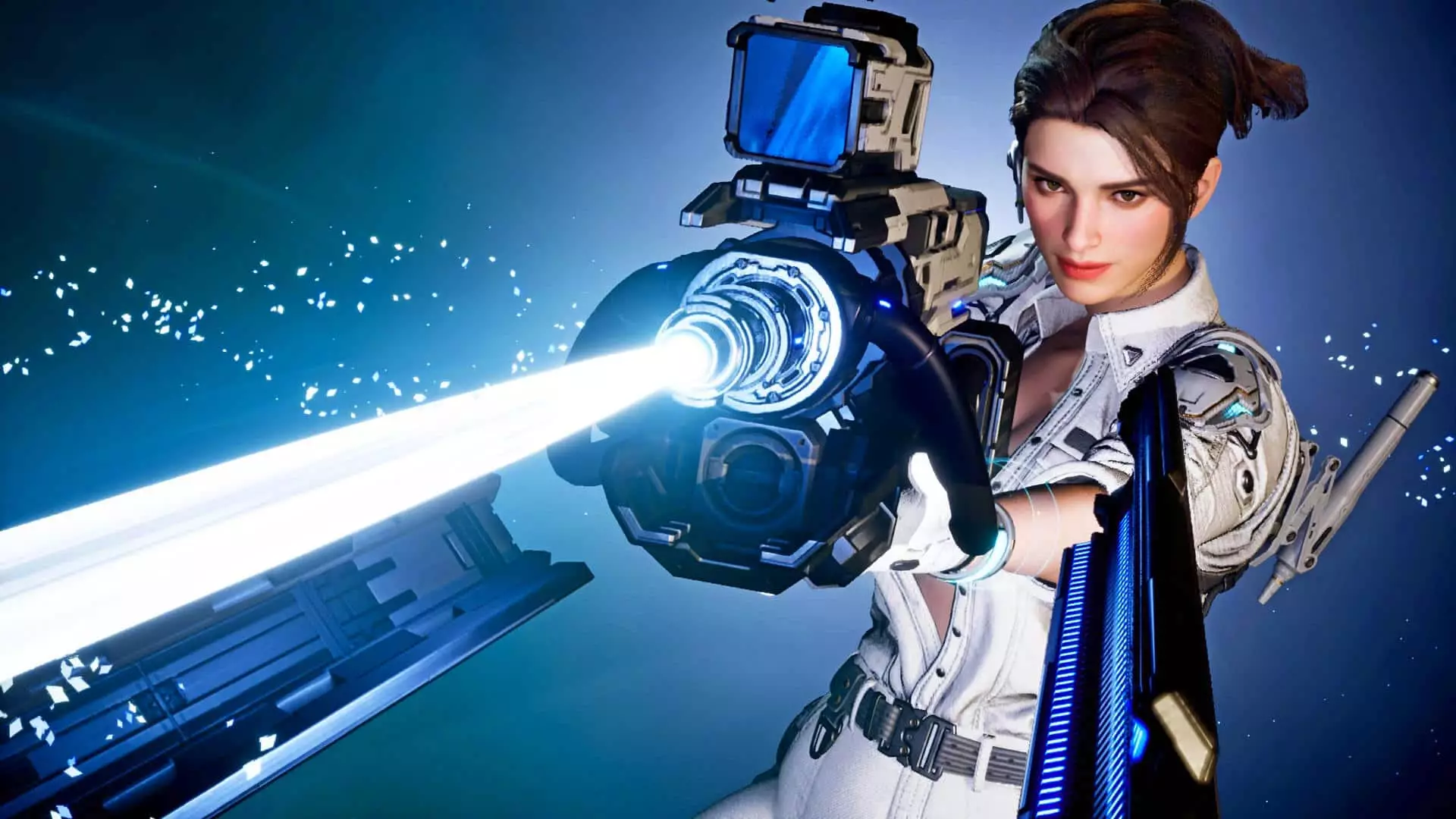In recent years, artificial intelligence has pervaded the fabric of the gaming world, promising streamlined development processes and innovative content creation. Studios have begun integrating AI tools into design, storytelling, and even performance capture, with the allure of reducing costs and accelerating production timelines. On paper, this evolution sounds revolutionary, yet beneath the surface lies a host of ethical concerns and industry ambiguities. Developers and players alike grapple with the question: does AI enhance gaming or undermines the human element that makes games memorable?
The recent controversy surrounding The First Descendant’s AI-generated advertisements exemplifies this tension effectively. This free-to-play looter shooter, which garnered significant attention upon release, quickly attracted a core following. However, the deployment of AI in marketing—specifically a highly contentious ad involving popular content creator DanieltheDemon—has sparked significant backlash. Many players and community members wonder whether influencers’ likenesses or content were used without proper consent, raising questions about transparency and rights. The potential exploitation of creators’ images without permission underscores a broader concern: does embracing AI mean cutting corners on ethical standards and community trust?
Moreover, the controversy underscores a growing skepticism toward corporate motives in the AI era. Critics argue that instead of engaging directly with their communities—be it through collaborations, sponsorships, or transparent campaigns—companies are opting for cost-saving, AI-driven solutions that risk alienating their audiences. In the case of Nexon, the publisher behind The First Descendant, there’s speculation that AI ads might be a way to bypass meaningful community engagement, which could threaten the authenticity that once helped gaming communities flourish.
The Ethical Dilemmas: Human Creativity Under Threat?
Beyond marketing controversies, the role of AI in game development stirs a more profound debate about the nature of creativity and employment in the industry. Some envision AI as a helpful tool—an assistant that handles mundane tasks such as designing terrains, generating quest ideas, or scripting dialogues, freeing up human creators to focus on more nuanced aspects of storytelling. Yet, skepticism persists about the boundaries of its application, especially when it encroaches on areas traditionally reserved for human artists, writers, voice actors, and performers.
This concern extends far beyond mere job security. It touches the core of what makes a game compelling—the human touch in narrative, character performance, and aesthetic choices. As one former developer from Rockstar pointed out, future titles like GTA 7 could potentially be developed more cheaply and rapidly by relying heavily on AI, potentially sacrificing depth and uniqueness in favor of mass production. This shift risks transforming games from art forms driven by human passion into commodified products optimized solely for profits.
Furthermore, the controversy surrounding AI-generated ads and content signifies a broader societal unease about the commodification of influence and authenticity. When community members allege Nexon’s attempts to suppress critical discussions on platforms like TikTok, it hints at a disturbing trend: companies prioritizing image control over genuine engagement. This approach not only damages trust but also raises moral questions about transparency and honesty in marketing practices.
The Future of Gaming: Balancing Innovation with Integrity
As AI continues to evolve, the gaming industry faces a critical fork in the road. Will it leverage this powerful technology responsibly—using AI to enhance creativity while respecting the rights of individuals and the integrity of human storytelling? Or will it exploit AI’s capabilities to cut costs and sideline community voices, thereby risking the erosion of trust and cultural depth?
In my view, sustainable progress in gaming demands a more nuanced approach. Developers must establish clear boundaries on AI’s role—avoiding the temptation to treat it as an all-encompassing solution. Instead, AI should complement human ingenuity, not replace it. Transparency is paramount; companies deploying AI-driven campaigns or content must openly communicate their methods and seek consent when necessary. This honesty will foster trust, allowing communities to feel valued rather than manipulated.
Moreover, industry stakeholders need to reconsider their relationship with community influencers. Genuine partnerships, where creators are compensated and acknowledged, reinforce the social fabric that makes gaming engaging. Relying solely on AI-generated representations or marketing efforts not only risks alienating dedicated fans but also diminishes the artistry that differentiates games from mere products.
Ultimately, AI’s integration into gaming presents an inflection point—one that could either elevate interactive entertainment or reduce it to a soulless exercise in automation. As consumers and creators, we must advocate for responsible innovation, urging companies to prioritize ethics, transparency, and genuine engagement. By doing so, we can ensure that the future of gaming remains rich, inclusive, and true to its roots as a human-centric experience.

